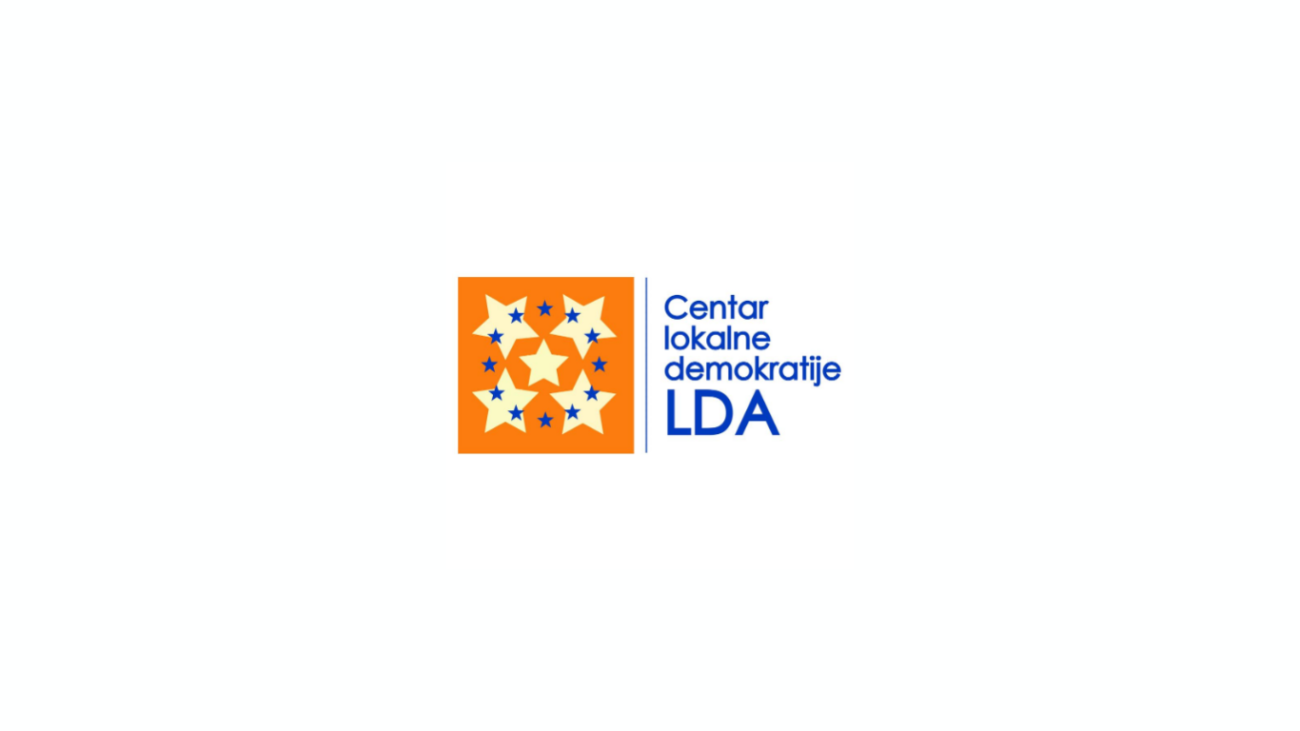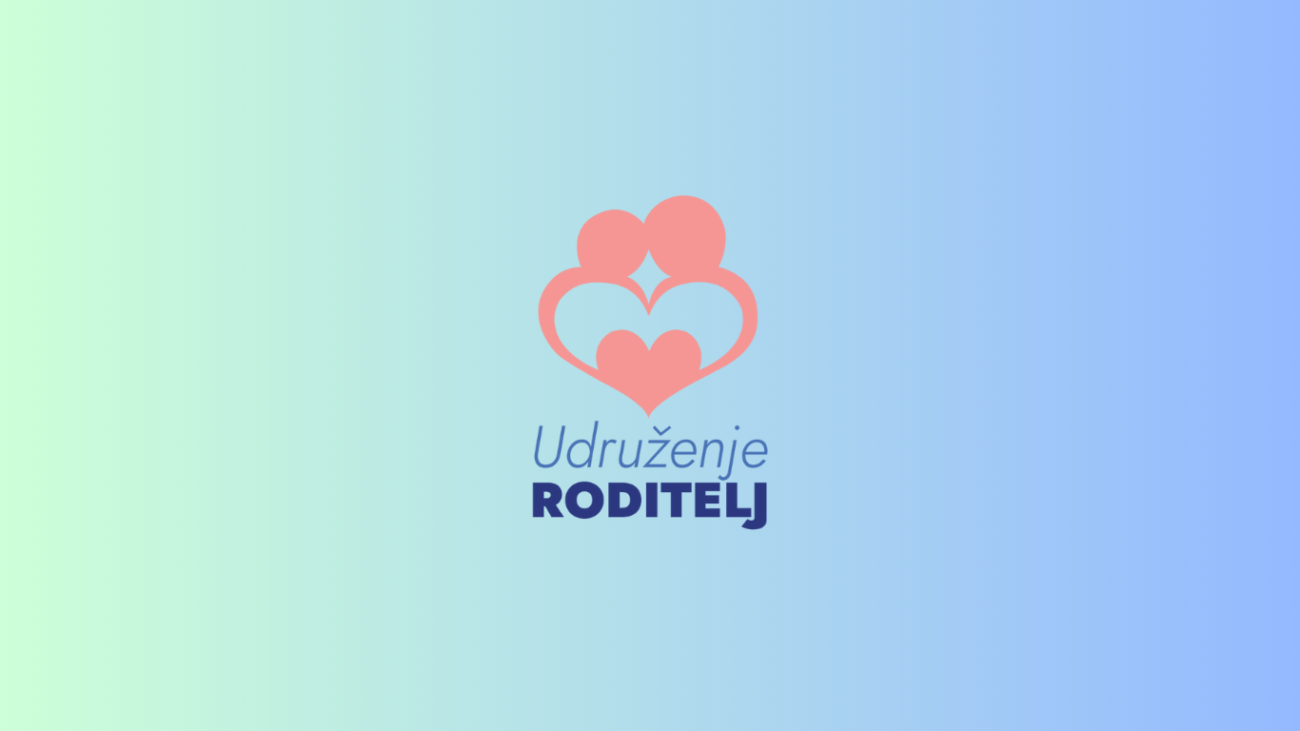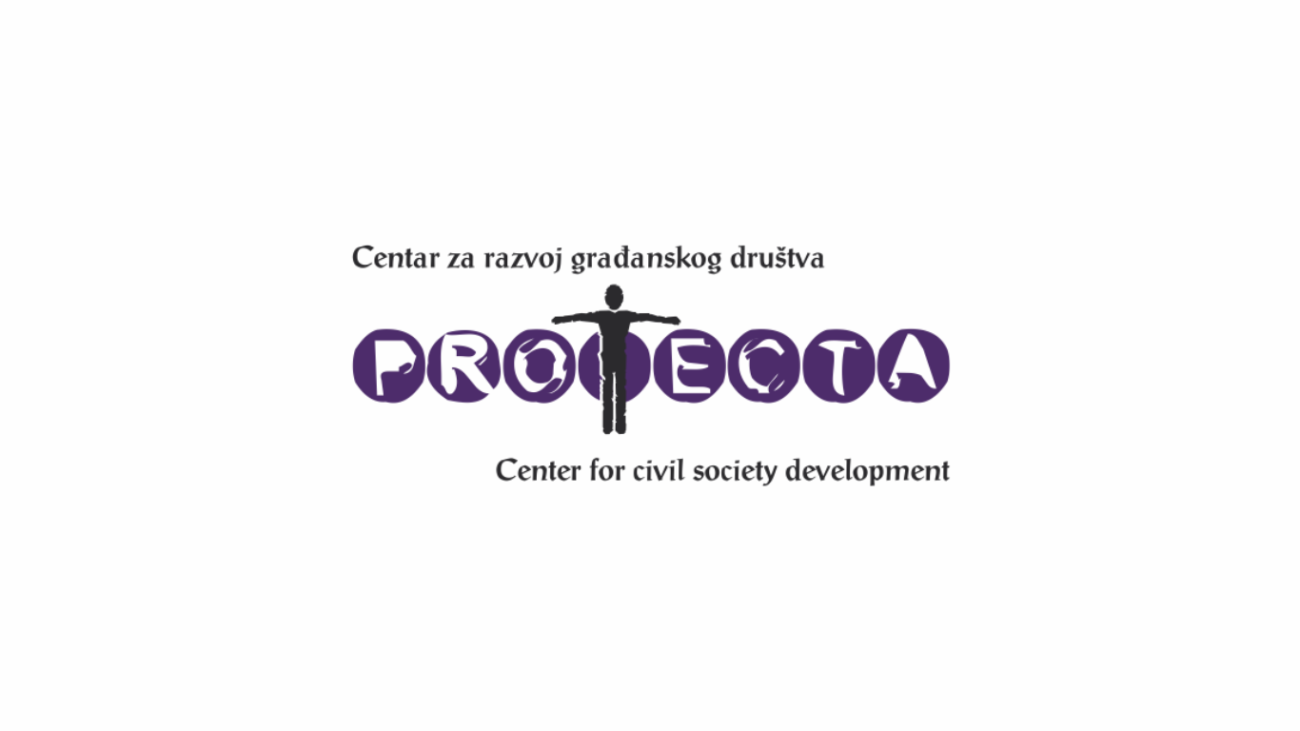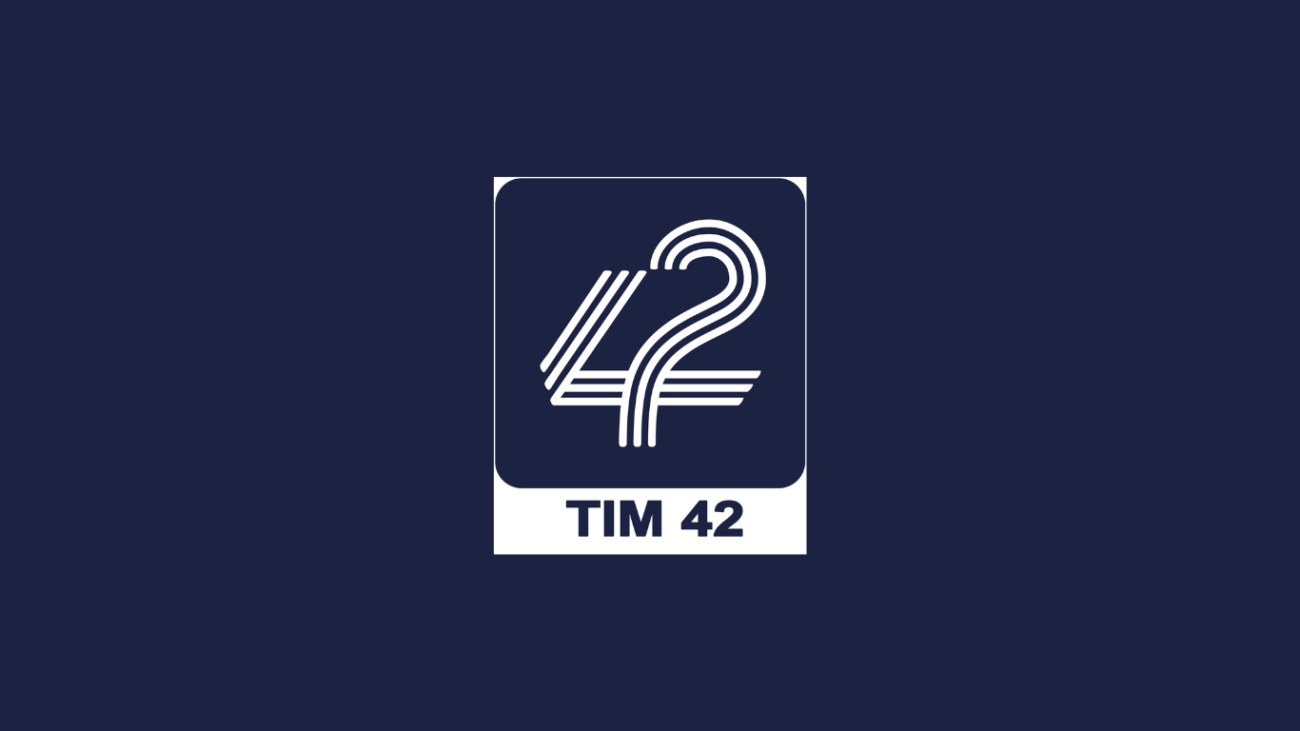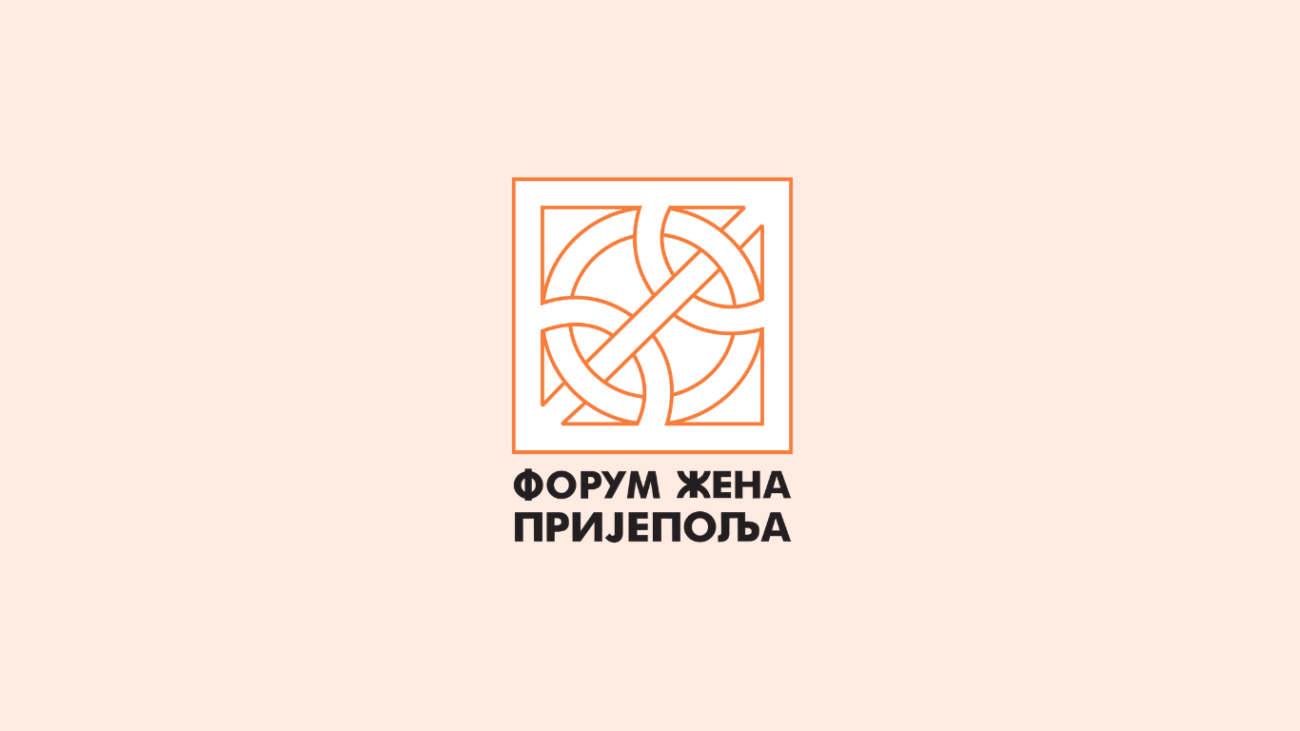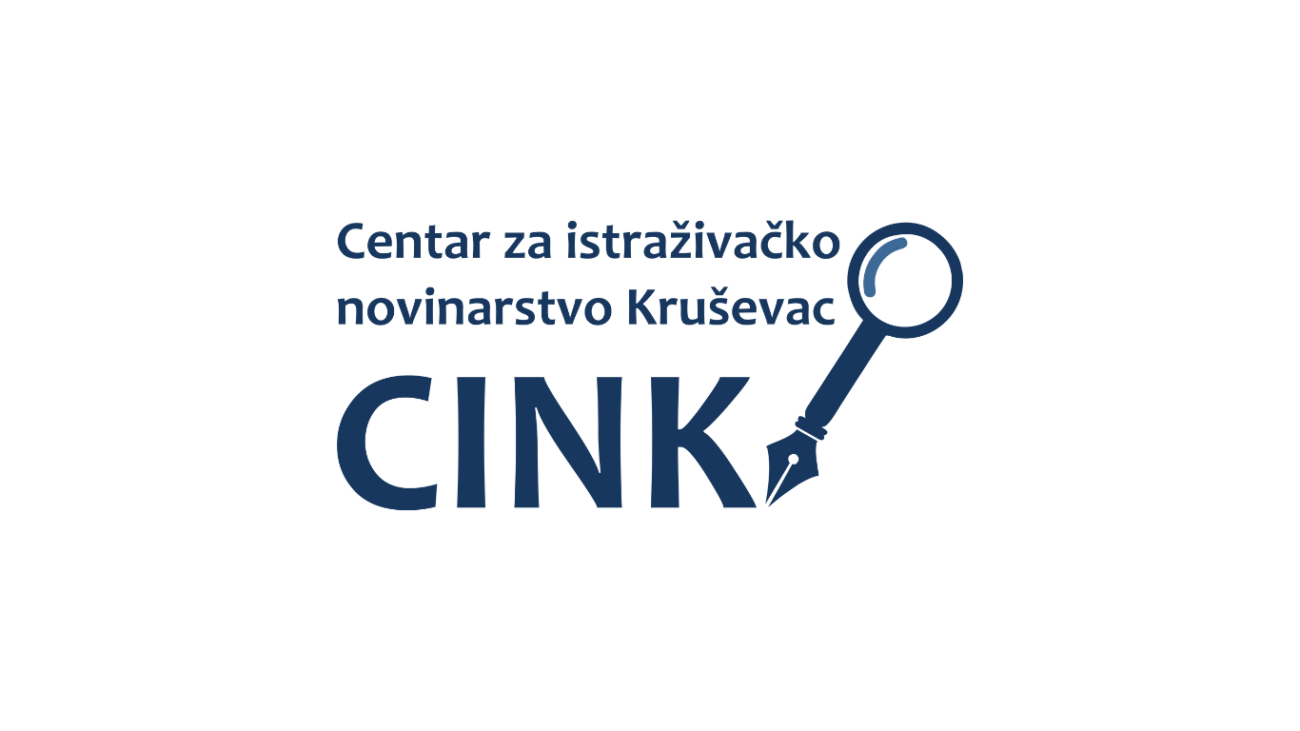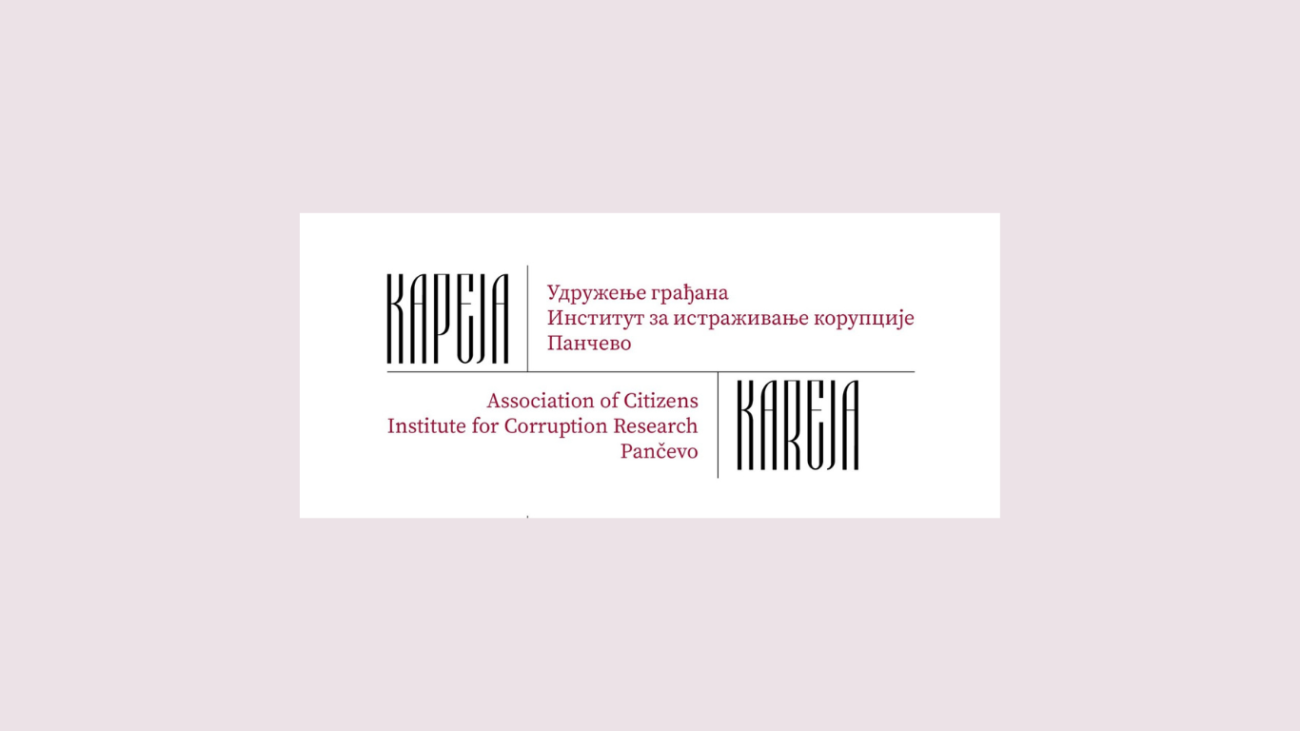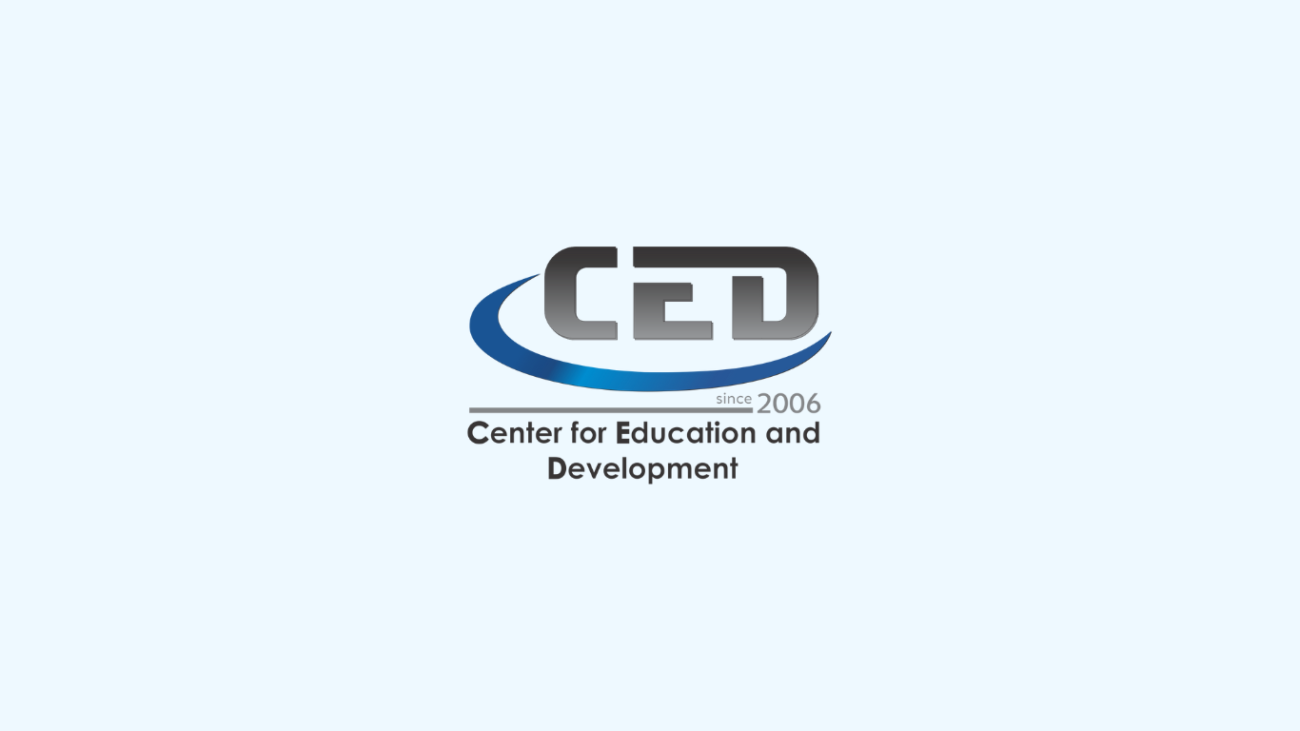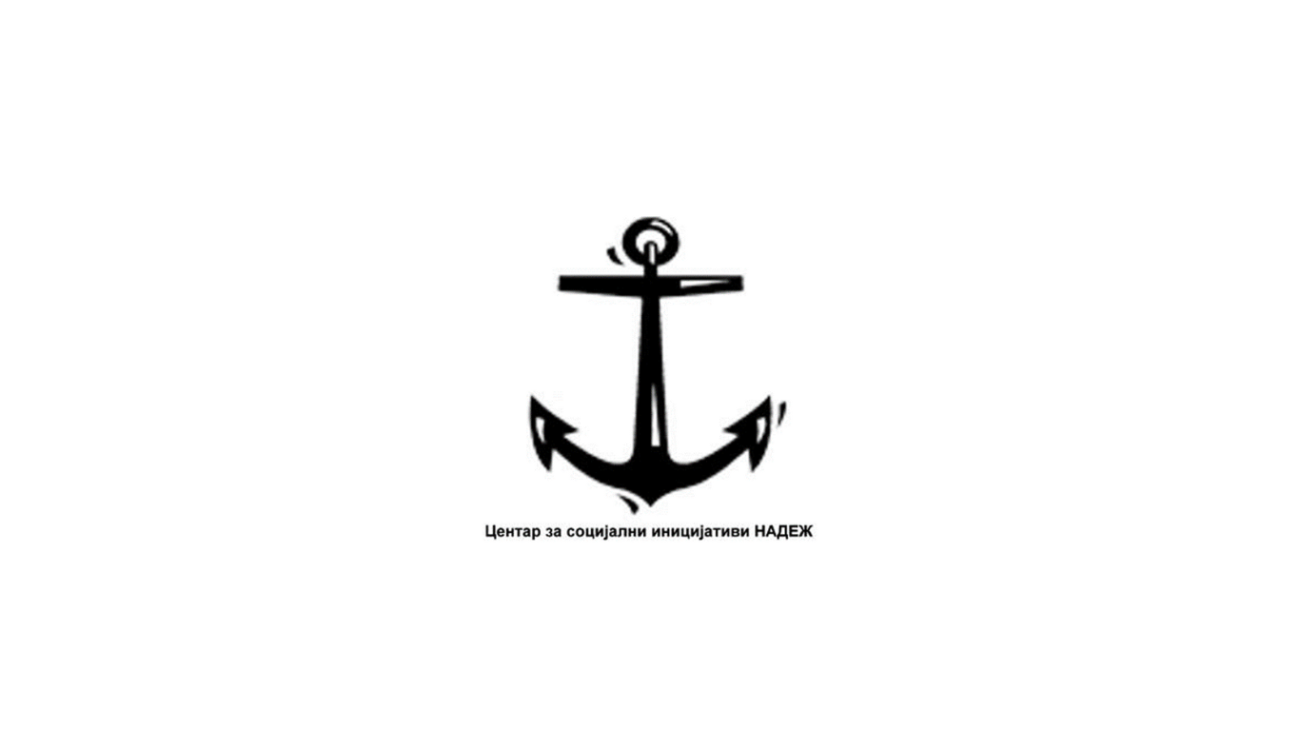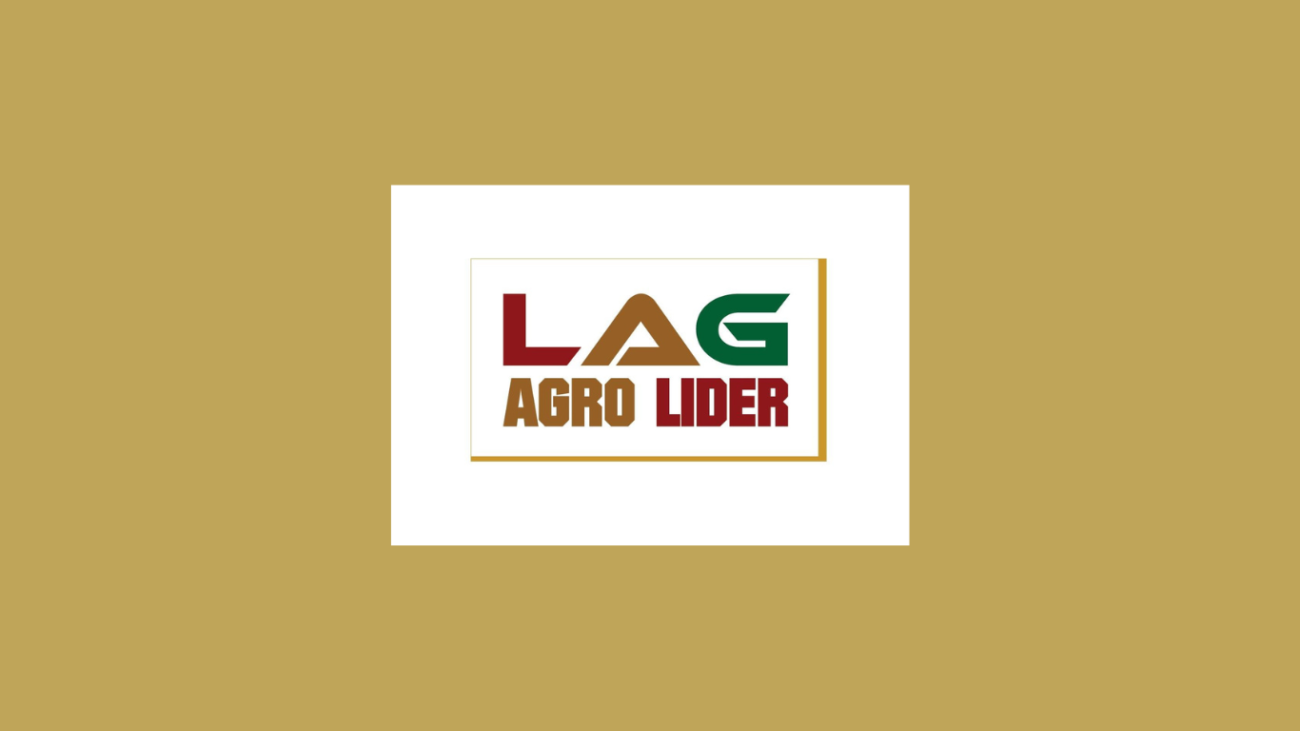Summary of the project
The municipality of Knjaževac enables is an environment where the civil sector has traditionally been active, and the local self-government recognizes certain associations as partners and collaborators in the planning and implementation of its programs. Associations in Knjaževac have been financed from the local budget through a public competition since 2010, and significant funds are allocated for this purpose. A large part of these funds go for the implementation of programs in the field of culture and cultural heritage. The fact is that the associations regularly submit reports to the local government on the implementation of these programs, but it is often the case that the achieved results and information on the implementation of planned activities are not available to the public, either through announcements in the local media or in any other way.
In order for the work of these associations, as well as the use of funds for their activities from the budget of the Knjaževac LGU, to be transparent, it is necessary to make public and easily accessible information about the associations operating in the territory of the municipality of Knjaževac, the thematic areas they deal with, as well as the programs they have implemented, especially those that are supported within the framework of the Public competition for the allocation of funds for financing or co-financing of programs of public interest from the budget of the municipality of Knjaževac. In this way, the local self-government would also have access to data on the capacity of associations to participate in consultative processes when creating, adopting, and reporting on the implementation of public policy documents at the local level, as provided for in the Guidelines for the inclusion of CSOs in the process of adopting regulations.
Project goals
General goal: To accelerate the application of good management principles in the municipality of Knjaževac by enhancing the visibility, transparency of work, and collaboration between civil society and local self-government.
Specific objective:
- To create enabling conditions for the operation of local CSOs and their active involvement in the local legislative process by establishing a database of existing capacities and identifying additional support needs.
- To enhance the process of financing CSO programs from the local self-government budget by developing an online register of CSOs operating within the municipality’s jurisdiction and establishing a database to track the outcomes of association programs funded through the local self-government budget.
Beneficiaries
The primary target group are CSOs that actively operate in the municipality of Knjaževac, which will be registered in the digital CSO registry, whose work is not sufficiently recognized in the community and who need support in developing their capacities to advocate for their beneficiaries and participate in local legislative processes.
The ultimate beneficiaries are the residents of the municipality of Knjaževac, especially direct beneficiaries of local associations, who will have improved opportunities for participation at the local level through transparent work of local CSOs and local authorities.
Main activities
- Collection of data on CSOs operating in the territory of the municipality of Knjaževac
- Consultative process with CSOs and LGUs
- Creation of the Local Digital Register of CSOs
- Creation of a database on CSOs operating in the territory of the municipality of Knjaževac
- Recommendations for improving the efficiency of financing CSOs from the local budget
- Information campaign
Related news
Digital register of CSOs operating in Knjazevac

